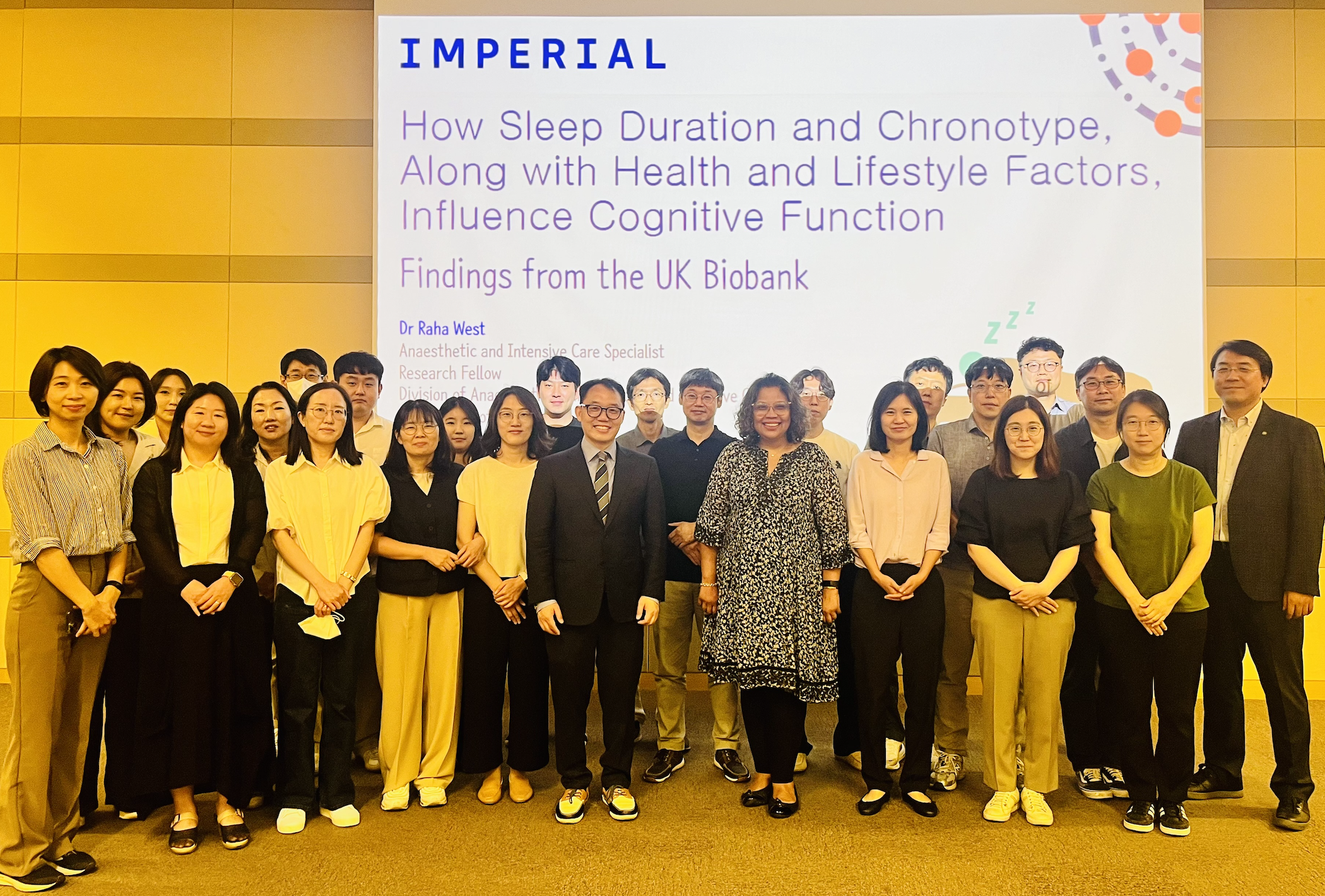
Are you a morning ‘lark’ or a night ‘owl and how is this linked to brain performance? To mark Sleeptember, Dr Raha West from the Department of Surgery and Cancer explores her recent research on over 26,000 people which found those who are naturally more active in the evening scored better on intelligence, reasoning and memory tests.
As we slip towards Sleeptember, a month dedicated to raising awareness about the importance of sleep, it’s the perfect time to reflect on the findings of our recent study published in the BMJ Public Health. Our analysis delves into how sleep duration, chronotype (whether you’re a morning person or an evening person), and various health and lifestyle factors influence cognitive performance in older adults.
The Motivation Behind Our Study
The importance of sleep in maintaining overall health, particularly brain health, has always intrigued me. The idea that our daily sleep patterns, including how long and when we sleep, could significantly impact our cognitive abilities led me to explore this further. Previous research has shown that poor sleep quality and duration are linked to various health issues. Still, the specific influence of chronotypes on cognition, especially in older adults, remains under-explored.
Methodology and Participant Selection
Our study utilised data from the UK Biobank, which includes a comprehensive set of health information from over half a million participants aged 40 and above. We focused on 26,820 individuals who completed detailed sleep and cognitive assessments. Participants were divided into two cohorts based on the cognitive tests they completed, ensuring a robust data analysis.
Key Findings: Sleep Duration and Cognitive Performance
We discovered that sleeping 7-9 hours per night is optimal for cognitive health. Both shorter and longer sleep durations were associated with poorer cognitive performance. This finding emphasise the importance of maintaining adequate sleep duration to support brain function.
